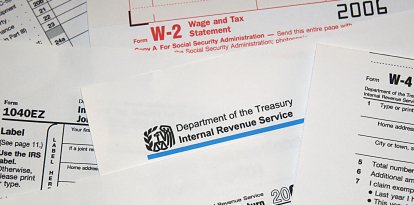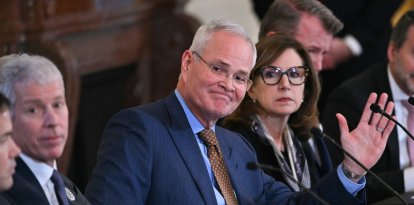12% of Americans have lost revenue in July
The decline is concentrated in leisure, hospitality and construction. Families with incomes below $50,000 cannot save.

Mercado de abastos / Pixabay
Wage losses increase in July, the percentage of Americans who say they have lost income rose from 11.0% in June to 11.7% in July, according to the latest data from Morning Consult. The figures warn of a further slowdown in the labor market, the unemployment rate remains at 3.6%, and the number of job openings is below 11 million for the first time in six months.
Wage losses are mostly concentrated in sectors such as leisure, hospitality and construction. Among the households most affected by the loss of income are lower-wage families. At the end of July, 13.9% of people earning less than $50,000 reported losing their paychecks paying their basic expenses and some unable to make ends meet.
Labor market slowdown
The Morning Consult Economic Intelligence data are drawn from 20,000 surveys conducted in July and relate to initial jobless claims, which the survey data show have risen in recent weeks.
Unemployment figures so far remain unchanged at 3.6%. Normally this would bolster consumer confidence, but it would rising inflation and market volatility The "welfare" factor in unemployed people is cancelled out, and if this in turn translates into reduced consumer spending, it could lead to further job cuts.
The number of unfilled jobs stood at 10.7% at the end of June according to data from the Bureau of Statistics (BLS). Employers have been facing labor shortages for the past year and a half. In June, at least 4.2 million workers voluntarily left their jobs while layoffs declined. A level that is still close to the all-time record of November 2021, when it reached 4.5 million.
According to John Leer, Morning Consult 's chief economist, the survey data may be a warning for the labor market:
The U.S. labor market remains strong, but its best days may now be in the rearview mirror. With the Fed aggressively raising interest rates to combat high inflation, companies are slowing hiring and expansion plans, releasing steam from a red-hot labor market. It remains to be seen whether this slowdown is rapid and severe enough to send the economy into recession.























